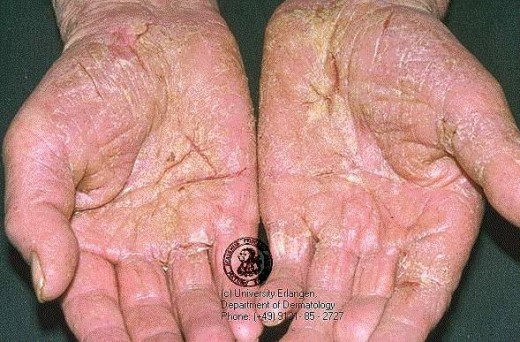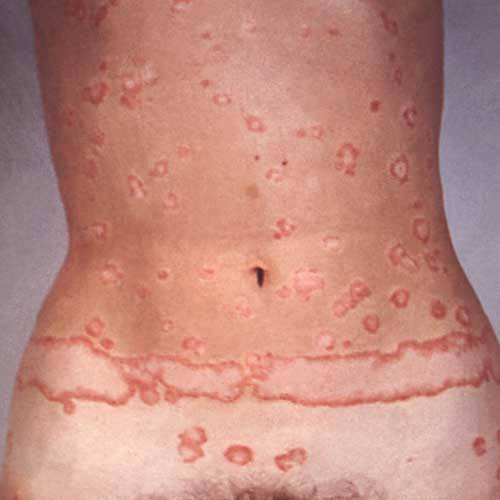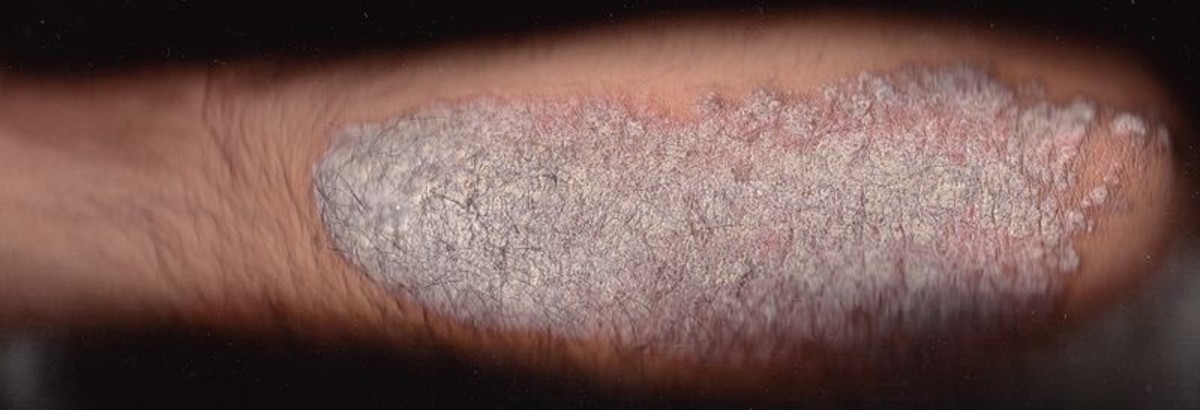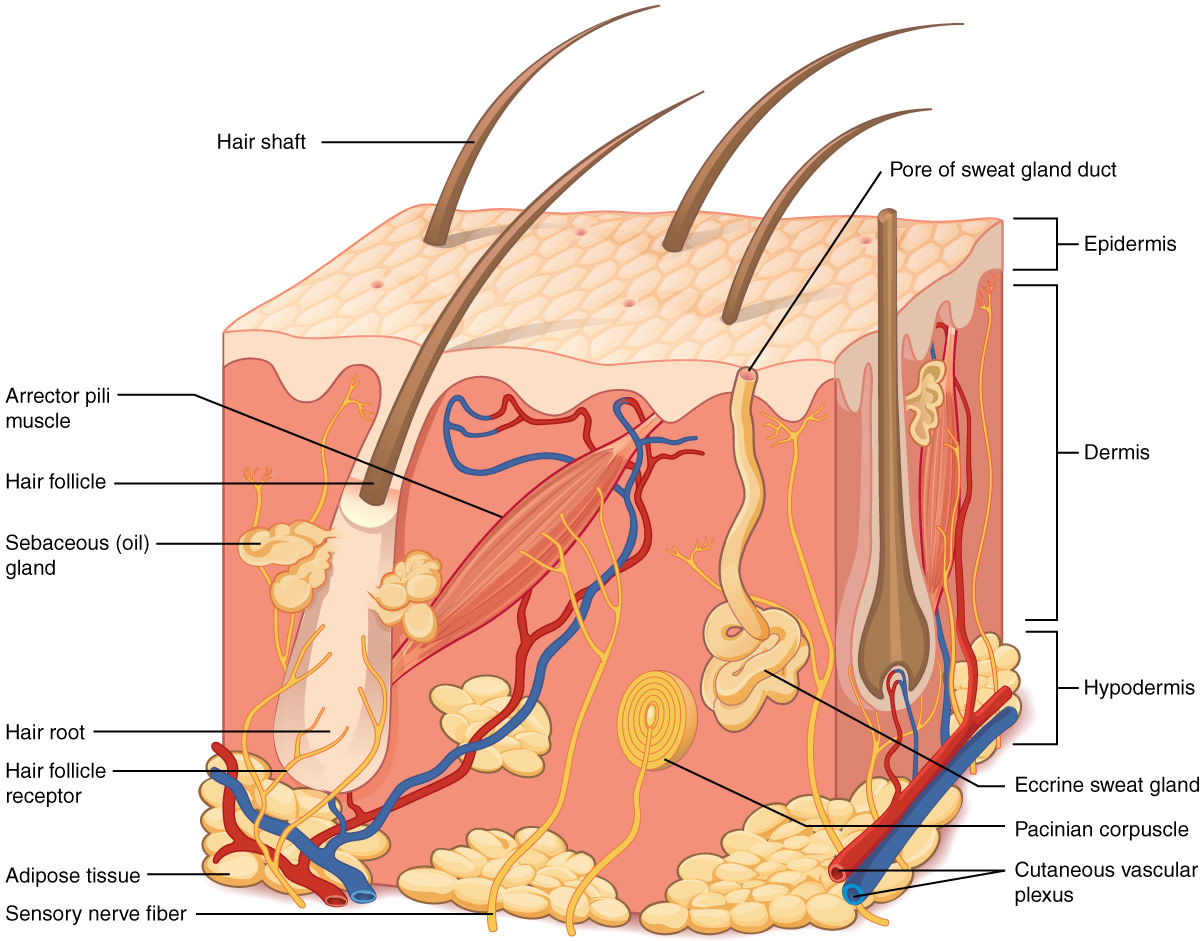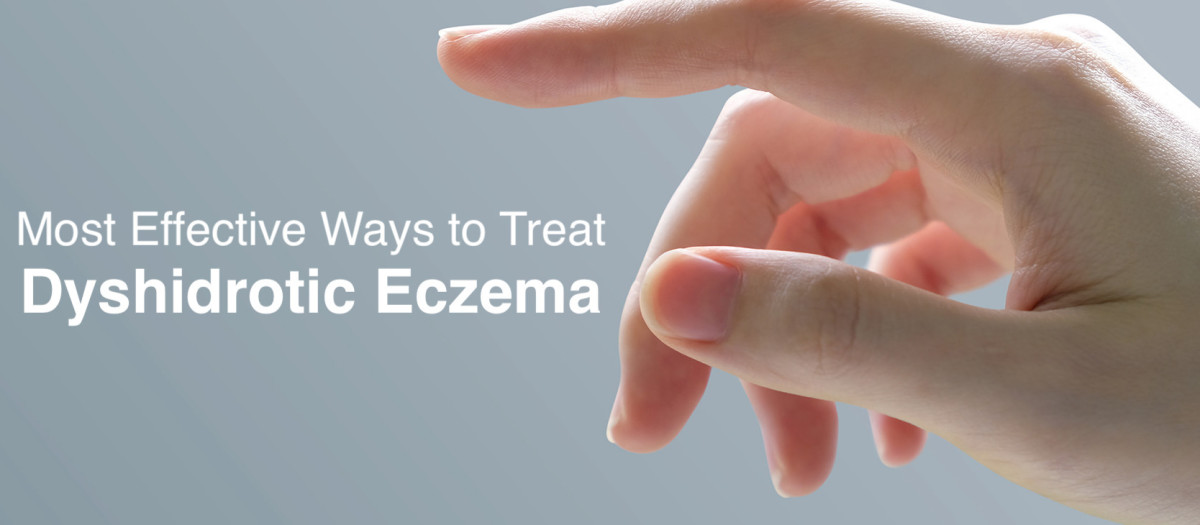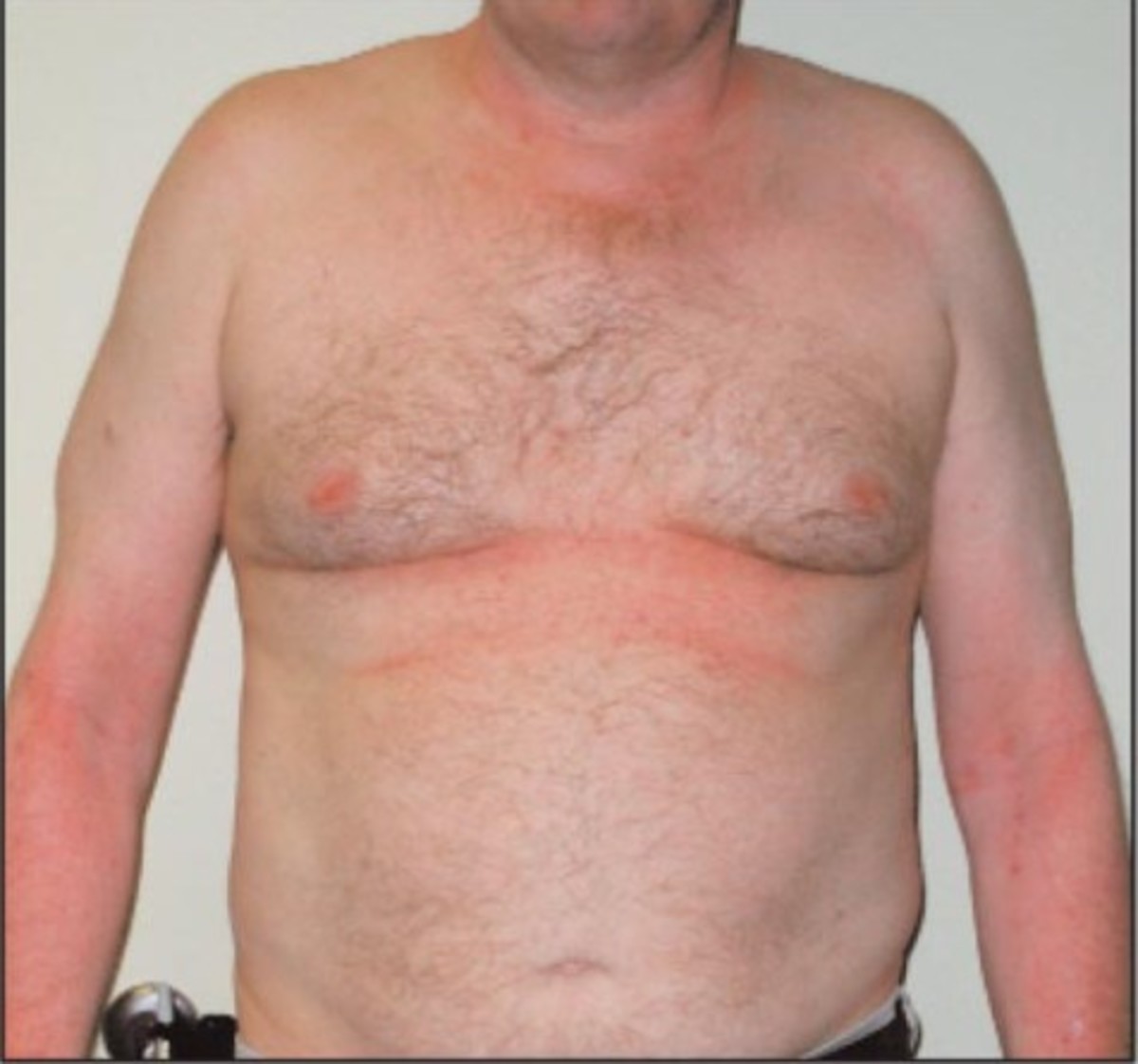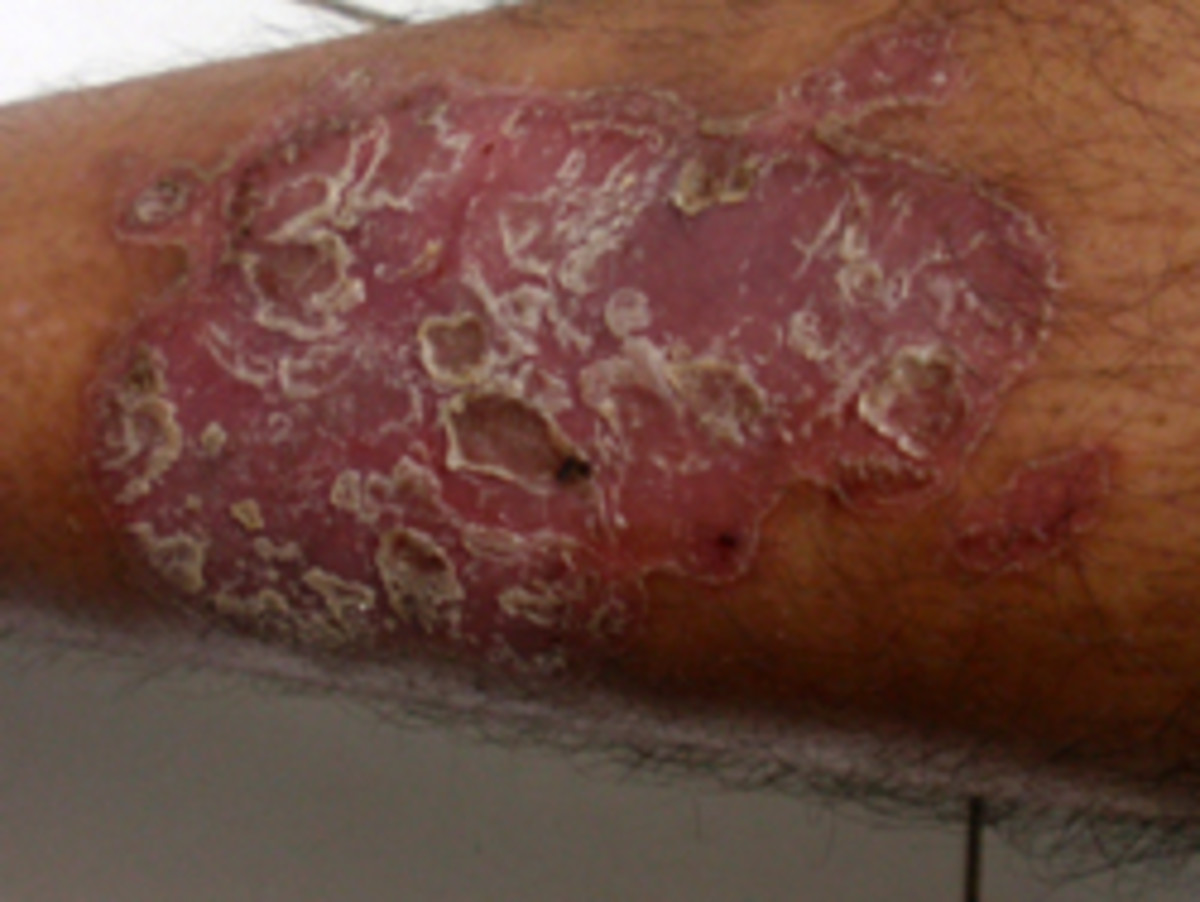- HubPages»
- Health»
- Diseases, Disorders & Conditions»
- Skin Diseases & Conditions
What is Psoriasis | Treatment of Psoriasis | Psoriasis Versus Eczema
Psoriasis is a common inflammation of skin that is characterized by outbreaks of scaly red blotchy rash, predominantly on the knees, trunk, elbows, hands, nails, and scalp. Psoriasis is noncontagious and affects about 3% of world population. This skin disease is produced by biochemical imbalance of immune system. Psoriasis can develop suddenly or gradually and may appear and disappear repeatedly over time without any known cause. Although the cause of psoriasis is unknown, it has been linked to an inherited disorder that may be related to an inflammatory response of immune system through which our immune system accidentally targets our own body cells. For example in normal skin, new cells take about a month to move from the deepest layer of skin (hypodermis) to the outer surface of skin (epidermis). In case of psoriasis, this process is much faster, where the new cells reach the outer layer of skin within a few days, so there is a constant turnover of new cells and due to this; dead cells are not able to peel out forming large scales over the skin. According to some recent studies, there are certain items or behaviors that may aggravate this skin condition and these include some bacterial or viral infections, some medications, excessive consumption of alcohol, obesity, lack of sunlight or excessive sunlight, frequent scratching or friction of skin surface, and stress. In short, most injuries or irritations worsen this disease. In case of immunosuppressive patients or carriers of autoimmune diseases, psoriasis can be fatal.
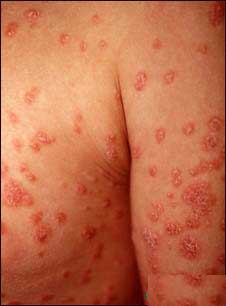
TREATMENT OF PSORIASIS
To stop the occurrence of psoriasis spots, it is recommended to address them with use of emollient lotions, steroid creams, and topical antifungals. Effects of treatment can be doubled with precautions such as moderating exposure to sun, daily baths with oatmeal, maintaining good skin hygiene, and utilizing good health habits.
Including a balanced diet, daily exercise, adequate rest, and avoiding stress can calm the psoriasis problem, but these measures will only serve if psoriasis is mild because in cases of severe psoriasis (psoriatic erythroderma), some patients may even require hospitalization.
For patients suffering from severe psoriasis, a new option is available which involves injecting medicines, which are called biologics (monoclonal antibodies and fusion proteins). Biologics go straight to the root of psoriasis and stop the body's inflammatory response treating the severe psoriasis skin disease.
Psoriasis can negatively affect the quality of life of patients as it creates a rejection or fear by the society who want to remain far form people having this problem just due to unawareness about this condition. In addition, some of the applied treatments for psoriasis cause bad smell, which contributes to the isolation of psoriasis patients. All these factors increase undue stress in patients suffering from this condition, which as a result aggravates the disease.
PSORIASIS VERSUS ECZEMA
Today one of my friends at facebook, Priya Wadhwa, asked an interesting question to me “How Psoriasis Differs From Eczema”. She wanted to inquire that what is psoriasis and what is eczema and are they different or same. So in response to her interesting question, this is my answer:
Eczema is also called as atopic dermatitis, which is an eruption of skin lesions of a chronic nature, which occurs in some people with sensitive skin. These skin lesions are red, scaly, and weepy and cause itching and pain.
Now psoriasis differs from eczema because causes of
eczema include allergy or sensitivity to various substances such as cosmetics,
certain metals, gloves, etc. and psoriasis is caused due to body’s inflammatory
response, so psoriasis is caused due to internal factors with unknown cause and
eczema happens with allergic response to external factors with know causes.
Hope this helps to all who are looking for an answer to this question.
